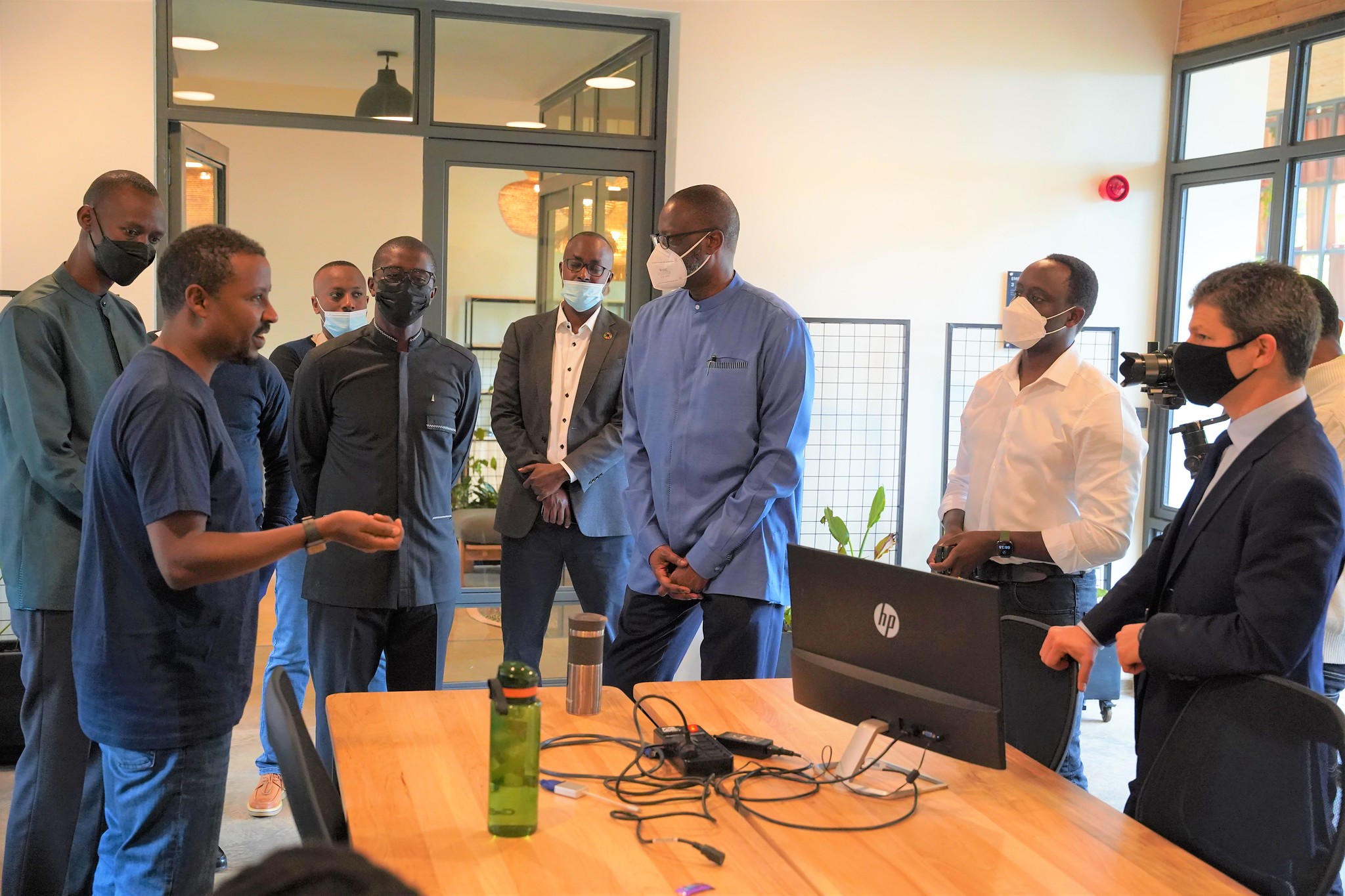

The Africa Fintech landscape could be improved by shortening and easing the licensing process, operators have said.
At a roundtable convened by Kigali International Financial Centre (KIFC) to seek ways to improve the sector, they said that there needs to be continentally adjusted regulatory frameworks.
Meaning that African regulators could set up a mechanism for harmonious information sharing, consequently a license from one country would allow Fintechs to expand into other countries without repeating the whole process.
This was said during an event themed ‘KIFC-The Home of Africa’s Fintechs’ that was held in Kigali and brought together different players in the financial technology sector, financial services providers and regulators.
The event was organised by KIFC on February 25.
KIFC is an initiative that seeks to position Rwanda as a preferred jurisdiction for investments into Africa, as well as reform the domestic financial services industry.
Fintech operators echoed the need of conducive frameworks rising from different challenges that limit the scale up.
Leah Uwihoreye, regional lead, Regulatory Affairs and Government Relations at Flutterwave, said that one of the major challenges they face is having to start afresh the process of obtaining a license in every country they expand to.
Flutterwave is a Pan-African payment company that provides a single Application Programming Interface (API) to businesses to be able to make cross-border payments.
So far, she said they are present in more than 30 African countries and the issue of compliance and regulatory framework is one they share with many other startup companies.
"Each market that you tap into has its own compliance regulations and you have to be licensed to be able to operate in it,” she said.
Ntoudi Mouyelo, Chief Investment Officer at Rwanda Finance Limited, said that financial players in the industry should improve the framework that will enable local and foreign fintechs to thrive from Rwanda and on the continent at large.
"Our mission is the growth of our local economy and it can only grow if we play a key role at the continental level,” he said.
Among other hindrances that he highlighted include limited infrastructure in terms of access to data, meaning the ease for a fintech to be connected to a bank, to access consumer information.
Rwanda Finance Limited (RFL) is a corporation owned by the government whose primary responsibility is to develop and promote Kigali International Financial Centre.
Soraya Hakuziyaremye, the Deputy Governor of the National Bank of Rwanda, said that the foundation of all developments in this sector is to have a proper regulatory framework for fintechs aligned with services that they are providing.
She said that there are dozens of fintech companies in payment services, remittances services, and some in micro-insurance.
According to her, there needs to be constant engagements with the fintechs themselves so that they become part of the regulatory process and "have extensive consultations with them before even proposing or adopting regulations.”
Among the proposed approaches include; the sandbox regulatory framework where startup companies are able to test their projects for a period of 12 months without going through the "lengthy” process of licensing.
"They will have that time to test their products, find partners and then they can go through that licensing process,” she added.
According to Olivier Mugabonake, the Chairperson of Rwanda Fintech Network, there are between 40 and 70 fintech companies established in the country.
He said that the current situation of regulation in Rwanda is "somewhere between tight and loose”, noting that it is among the top countries in Africa that are facilitating the ease of getting a license.
"In real life, beyond what is said officially, acquiring a license takes between six and twelve months, which is not that much when compared to other regulators across Africa where it can take years and years,” he said.
He added that even though it takes time, at least the procedures are known and transparent.
Besides the challenges that are alike for most of Fintechs in Africa, Alex Sea, Vice-President of Africa Fintech Network, said that such workshops that convene different players in this sector are necessary in order for all to align on the same strategy of building a digital financial sector.
He observed that Rwanda is ready in terms of having the capabilities and resources to structure the fintech industry.
Since the establishment of KIFC in 2020, it has taken bold steps towards this vision, where it has recently announced a $250 million investment fund dubbed ‘Virunga Africa Fund I’ which targets investments capable of delivering tangible change for Rwandans and people across the continent.


